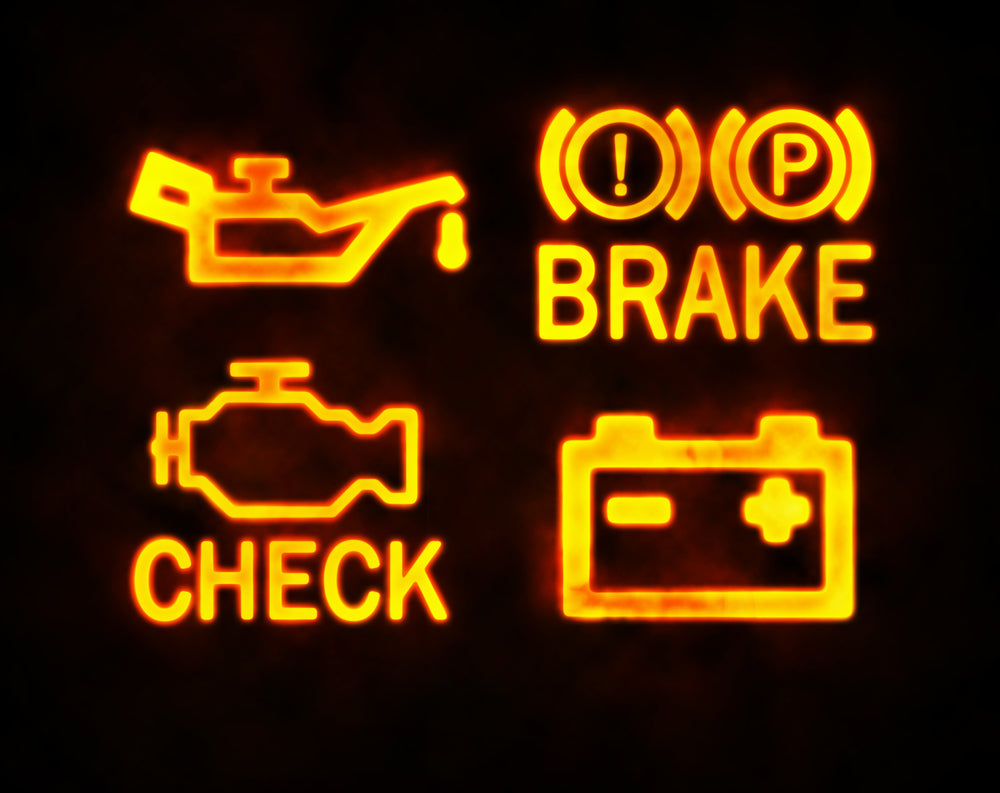
A Preventative Maintenance Youth Ministry
I don’t know about you but I panic every time the "check engine light" comes on in my car. I know these days it comes on for many different reasons; however, my thought immediately goes to, “This is the beginning of the end.” When it’s come on before it’s beaming, yellowish-orange glow signifies one of the many money-guzzling problems waiting on the horizon. And when you aren’t prepared for these repairs they can get costly. That’s why I’m a big proponent of preventative maintenance. On top of regular oil changes, I check the car’s manual to see when the automaker recommends replacing “X,Y and Z.” I want to be on top of things so I can squeeze as much life out of my car without emptying out my wallet on big, unexpected repairs.
Just as we need to be proactive with our cars the same goes with our ministries.
Too many of us wait until “something happens” to address flaws in our systems and structures. We wait until an adult volunteer leaves due to burnout to look at how we love on our team. We wait until the numbers drop before we evaluate our programming or our philosophy. We wait until a parent calls, the pastor yells, and all hell breaks loose before we realize, something needs to change and a few things need to be fixed. But preventative maintenance is the hallmark of a pro-active youth minister.
Here’s a few characteristics of a proactive youth minister:
Self Review
One of the most humbling things you can do as a leader is ask other people to evaluate you. Every leader needs to review their strengths and weaknesses. And, while the tendency is to a self-evaluate our selves, we really need people who can hold us accountable. Make sure it’s people you trust to be brutally honest with you and people you will listen to. Sometimes we’ll ask people we know who will speak truth, but then reject their advice because we don’t trust them. If you can’t accept the insight, and advice it’s useless.
Evaluates The Ministry
On top of reviewing our leadership it’s important to evaluate the systems, structures, curriculum and atmosphere of the ministry. Some people use the SWOT model (Strengths, Weaknesses, Opportunities, and Threats) to evaluate their ministry; others just come up with their own. I tend to seek out newer adult volunteers, people who haven’t been in the trenches too long, to give an outside perspective. The idea is not to defend; but, to listen, sit on the information, and process it with your leadership. Sometimes getting a fresh set of eyes on an issue can go a far way.
Leans Into Tension
If you’re hurting you go see the doctor. If something on your car is not working, you go see the mechanic. And you do that as soon as possible because you know the sooner you go, the fewer the consequences. A proactive minister doesn’t create conflict; however, he or she doesn’t run from it either. If you sense tension lean into it, ask God for guidance and address an issue before it smacks you in the face. If the problem is with a parent, pastor, teen or minister they will appreciate and trust you more if you come to them instead of them having to find out through the grapevine. Recognize a problem early to avoid huge ones later.
Takes Time Off
Sometimes to be proactive we need to be idle. I know that sounds funny, but if you aren’t pacing yourself and taking vacation you are building up wear and tear. You need to make sure your day off is really a day off. Anything linked to work should be removed from your sight. Everyone needs to take a vacation. If you can’t care for yourself, then don’t expect to make it through the long haul.
Ministry is extremely rewarding. But it’s also a trial, at times. It’s tough. It will wear you down. You might feel vibrant, and on top of the world one day, and then beaten and torn apart the next. If we’re going to last in this collective calling, we need to be proactive in how we take care of our selves and our ministries.
What preventive maintenance do you perform on your ministry?




Leave a comment